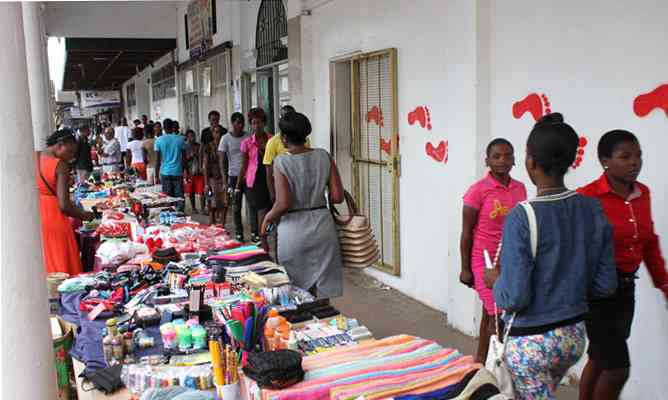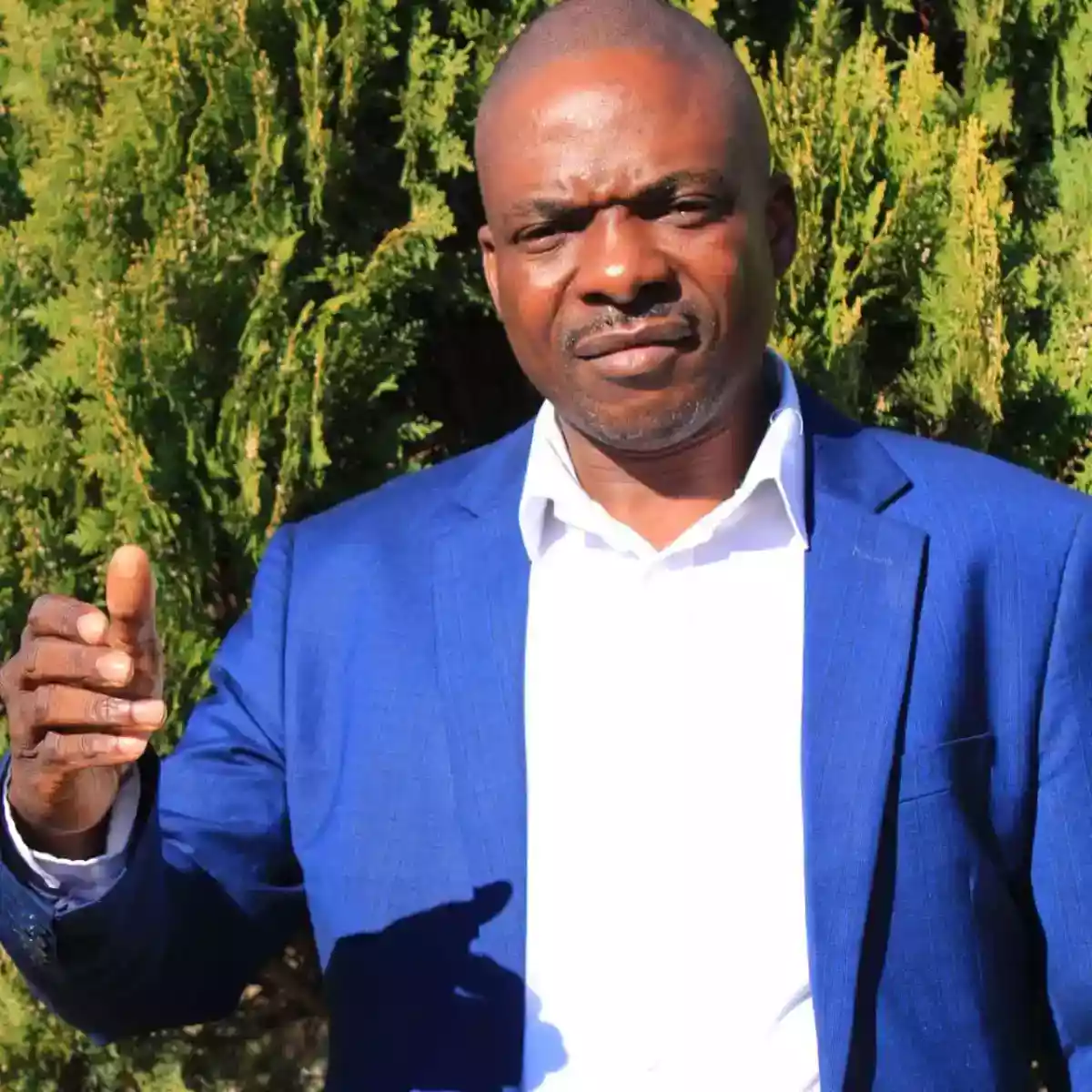
SEVERAL unemployed graduates say they are living miserable lives because industries which were supposed to absorb them were shutting down due to viability problems.
Speaking to NewsDay, a number of unemployed graduates said they have now resorted to menial jobs like cleaning and vending, or other informal trades to earn a living.
Some said they wished they had never even gone to school because people who have never seen a door of a university or tertiary college were enjoying a better life than them.
A National University of Science and Technology graduate with a Computer Sciences degree, Gugulethu Ndlovu, said: “It’s not easy; I’m always doing online job applications to no avail. With most of the companies in Bulawayo having closed down long back, there is no hope at all except wishing that government would one day assist us. I will just keep my fingers crossed and keep applying online.”
A Midlands State University (MSU) Media and Society Studies graduate, Wayne Ncube said when he realised that jobs were hard to find in the media sector, he joined the informal sector and has since started his own vehicle tyre-mending business.
“When I finished my studies, I got employed as a correspondent for a newspaper company, but the unfortunate part is that I was getting very little money to survive. I could not even pay for transport to go to work. I then decided to venture into a tyre-mending business and am operating from home. I am now self-employed, and it is better than working for someone else.”
Another MSU journalism graduate Darlington Mwashita said most graduates after realising that there are no jobs in the country, venture into other trades completely divorced from their desired goals, such as nurse aid programmes, which might offer them a chance to get jobs overseas.
“Some students are now dropping out of universities in the country to work in low-paying jobs in the health industry because they know that they will get jobs in the diaspora, rather than staying in the country jobless,” he said.
- Another Zim engineer joins F1’s Mercedes
- ‘Poor Zec reputation putting youths off from voting’
- Police warn against starting veld fires
- Electrical fault at NUST graduation ceremony
Keep Reading
Human rights activist and political analyst Effie Ncube said government had failed the youth by failing to revive comatose industries to create employment.
“It is of no use to register more universities in the country when there are no jobs and there is nothing to offer for students. When the young ones see their elders graduating with no jobs, it undermines the attractiveness of education. It also reduces the value of education, hence the reason why we see cases of drug abuse rising in the country,” he opined.
Efforts to get a comment from Higher and Tertiary Education minister Amon Murwira were fruitless, but he is on record stating that university graduates should innovate or die.
In 2019, Murwira was quoted saying: “We cannot say there are no jobs in a country where people are importing food, exporting patients to other countries, in a country with roads with potholes, in a country where there is no electricity, and in a country where disabled people do not have wheelchairs. What I am trying to say is if we are not careful, it is very unpalatable, but I think it is very palatable that what we need is skill, ability, technology and innovation. When we have those abilities, we will create occupations for ourselves. Employment is a function of skill, not a function of being, and jobs do not fall from the sky, disabled or the so-called abled people whom I do not think are able, need capacity and ability.”










